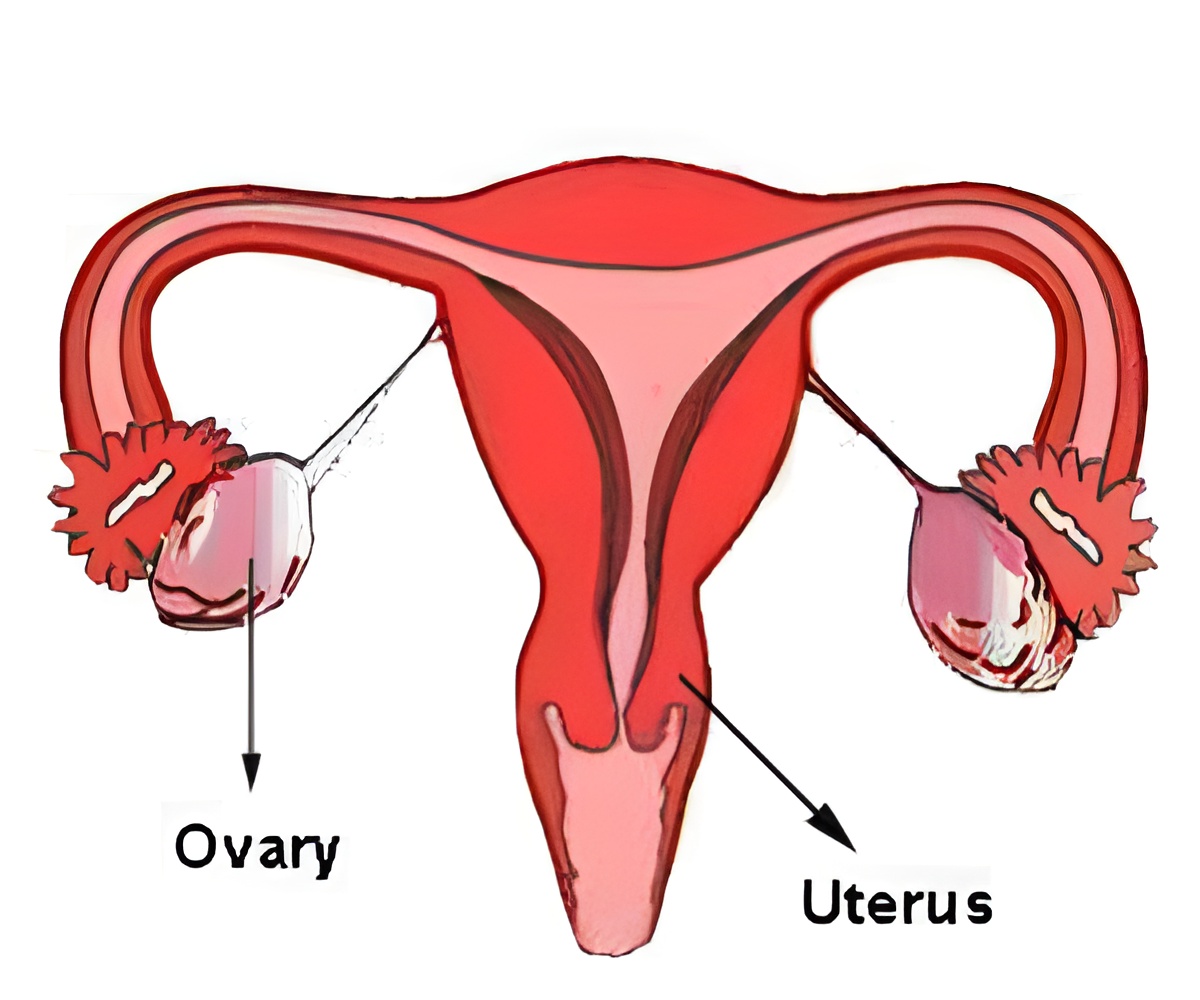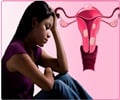Elagolix drug reduced bleeding in more than 90 percent of premenopausal women who had heavy menstrual bleeding associated with fibroid tumors.

‘Prescribing hormone therapy together with the new drug prevented estrogen-deficiency induced side effects like hot flashes and bone loss.’





Surgery has traditionally been the gold standard for treatment, resulting in hysterectomy or myomectomy, so a nonsurgical option offers new hope, said Dr. Bruce Carr, Professor of Obstetrics and Gynecology at UT Southwestern Medical Center and lead author on the study appearing in the journal Obstetrics & Gynecology. "There are no orally approved drugs to decrease bleeding and prevent anemia in women with these tumors," said Dr. Carr, Director of the Reproductive Endocrinology and Infertility Fellowship Program at UT Southwestern, who holds the Paul C. MacDonald Distinguished Chair in Obstetrics & Gynecology. "Now, there is a medical option for this devastating disease that affects up to 75 percent of women."
Fibroid tumors can be associated with infertility, miscarriage, and early onset of labor and are the most common reason for hysterectomy worldwide, costing an estimated $2.2 billion in the U.S. alone. For women in their 40s and 50s, abnormal uterine bleeding also is the most common reason to see a gynecologist, and fibroids are one of the most common causes of the symptom.
Researchers examining health disparities of uterine fibroids found that 80 percent of African-American women and approximately 70 percent of white women will have uterine fibroids by age 50, although the tumors cause symptoms in only about a quarter to half of women who have them. Research in the Journal of Women's Health reported that African-American women:
Had a higher cumulative risk of uterine fibroids.
Advertisement
Had an earlier age of onset.
Advertisement
Had a 6.8-fold increase in the number of uterine-sparing myomectomies.
Researchers conducted the clinical trial at 86 sites in the United States, Puerto Rico, Canada, Chile, and the United Kingdom and involved the Mayo Clinic, Eastern Virginia Medical School, the University of Illinois, the Cleveland Clinic, Mercy Health Osteoporosis and Bone Health Services, Augusta University, and The George Washington University in Washington, D.C., along with the maker of the new drug (elagolix), AbbVie Inc. Dr. Carr received research support from AbbVie and Agile Therapeutics and served on the Repros Therapeutics Data and Safety Monitoring Board.
Source-Eurekalert















